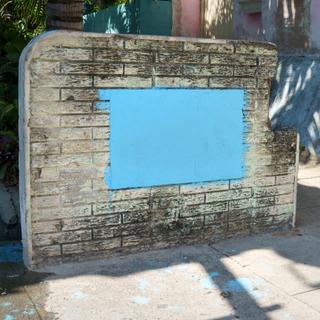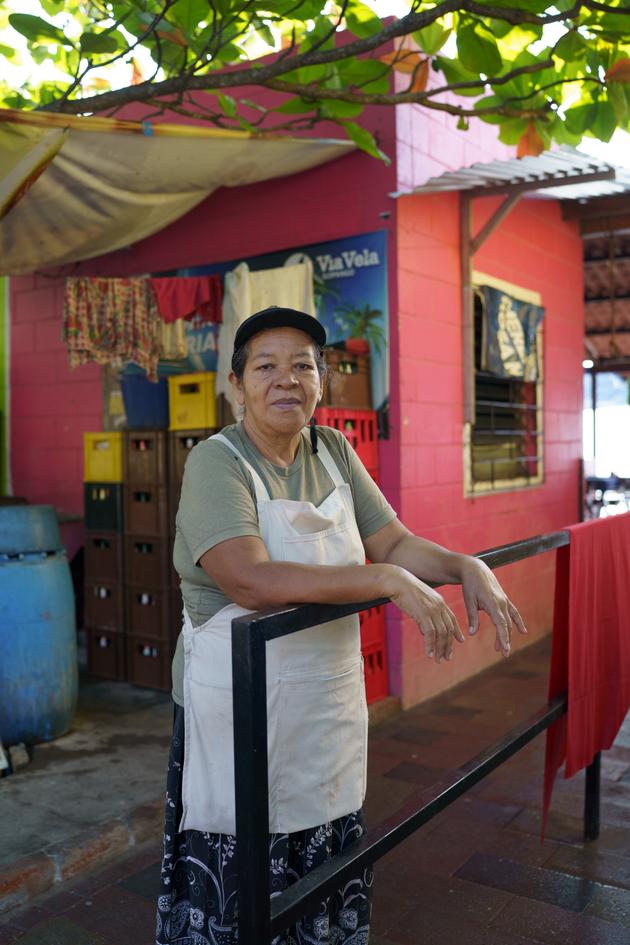


The Bukele method gets put to the vote in El Salvador
NewsRunning for re-election on Sunday, the Preside Nayib Bukele is touting his record on tackling gang violence, achieved at the cost of encroaching on freedoms. His victory is safe.
No posters in the streets, no stickers on cars with a candidate's smiling face, no political party flags in the windows, not even a rally announced: In El Salvador, you have to watch local television or consult social media to be convinced that the country is indeed in an election campaign for the presidential and legislative elections on February 4.
The image of the first presidential debate, on January 17, was just as revealing of this electoral vacuum: The five opposition candidates were present, but the favorite, President Nayib Bukele, did not bother participating. "It's the losers' debate," whispered a journalist, as he watched the five candidates struggle to present a united front against the "Bukele tidal wave."
"What's the point of debating when the head of state is guaranteed to win? He would be the target of the attacks," explained Vice President Felix Ulloa, Bukele's running mate, to Le Monde. According to the latest polls, Bukele has between 70% and 80% of voting intentions. The other five candidates combined have less than 10%. The president's popularity is such that 77% of voters approve of his re-election, despite the fact that several articles of the Constitution of this small Central American country of 6.3 million inhabitants prohibit it.

"Everyone here is going to vote for Bukele, there's no doubt about it," said Concepcion Lopez with a smile, as she cleaned fish under a trickle of water. On the shores of Lake Ilopango, a two-hour drive east of the capital San Salvador, around 20 small, colorful restaurants, including hers, are lined up in front of the calm waters. The families seated at Concepcion's kept an eye on the children on the waterfront as they enjoyed her dishes. Everything seemed peaceful, but this feeling is "recent," according to the owner. Dressed in a long apron, the energetic 64-year-old said she has doubled her income "since the muchachos [young men] left. Before, we had to pay them 'rent' [extortion] every month, then feed them when they asked for it. But above all, they scared away the customers," she said, suddenly losing her smile.
Traumatized community
The muchachos she refers to are members of two maras or pandillas (gangs), the Mara Salvatrucha 13 (MS-13) and Barrio 18, which have been causing bloodshed in the country since the 1990s. These often tattooed young men – the pandilleros – took over large swathes of territory and waged war against each other. In 2015, the homicide rate reached 103 per 100,000 inhabitants, one of the highest in the world. In response, right-wing governments (the Nationalist Republican Alliance, Arena) and left-wing governments (the Farabundo Marti National Liberation Front, FMLN), which shared power between 1989 and 2019, tried various strategies, from repression to negotiation, without ever managing to put an end to the violence.
You have 65% of this article left to read. The rest is for subscribers only.
